Table of Contents
Effects of Public Expenditure on Economic Stability:
Effects of Public Expenditure in Depression:
Depression is a condition when savings exceed investment, this results in lowering the aggregate effective demand and hence in falling prices. Falling prices cause losses among businessmen and manufacturers and reduce their confidence in further production. This leads them to curtail production and employment. Thus, a large number of workers are thrown out of employment. Naturally, the consumption of these unemployed workers is reduced. This again leads to lowering the aggregate effective demand and further curtailment in production and in employment. This further causes a reduction in total consumption and total demand, and so on.
In this situation, the government should employ workers on public works projects. The employed workers receive wages from the government and can thus increase their demand for various commodities. The increased demand leads to an increase in the volume of production. And, when production is increased, the volume of employment will increase. And this increased, employment of workers, will again increase the aggregate effective demand of various commodities and, therefore the volume of production and employment may further increase, and so on. Thus, the objective of Public expenditure during a depression is to increase the level of aggregate effective demand. In this way, public expenditure can offset the effect of decreased demand for output due to decreased consumption with a corresponding increase in investment expenditure on public works. This leads to an increase in the level of aggregate effectiveness and employment and thus can help to maintain economic stability.
Effects of Public Expenditure in Inflation:
Public expenditure may be helpful in controlling inflation, i.e., rising prices. Inflation is a condition when investment exceeds savings. In this situation the aim of the government should be to have a surplus budget, i.e., the government should spend less than its revenue. And the funds acquired by means of a surplus budget may be used to provide capital to those sectors of the economy which experience a shortage of capital, so that the total productive capacity of the economy may increase. The rising prices may also be checked by increasing the volume of goods and services in the country. Therefore, public expenditure should be incurred on those projects which may raise the productive capacity of the economy rapidly. Such expenditure may be on minor irrigation projects, the better quality of seeds, manure, etc., in the field of agriculture. In the field of industries, public expenditure may be incurred in providing facilities for the establishment of new industries and for the expansion of the existing ones. However, this aspect is true only in underdeveloped or developing economies where various means and instruments of production, i.e., the farms and factories, etc., have not reached the optimum level of their productive capacity. But where the various means and instruments of production, i.e., the farms and factories, etc. are already working at the optimum level of their productive capacity, public expenditure is likely to add inflationary pressure upon the economy, because, this will further increase the purchasing power in the hands of the people without a corresponding increase in production, (as production has already reached to optimum level). In this situation, the government should spend less than its revenues while keeping the taxes constant so as to create a surplus budget and thereby check the inflationary pressure.
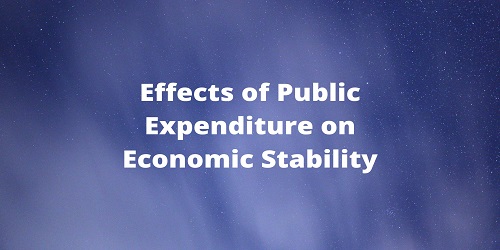
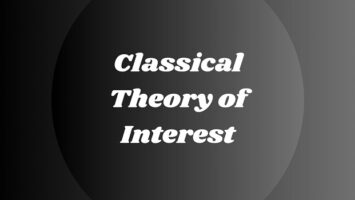
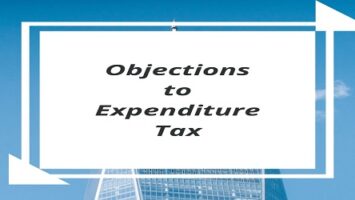
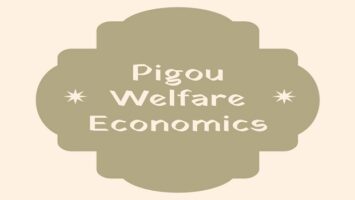
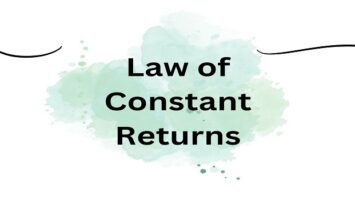
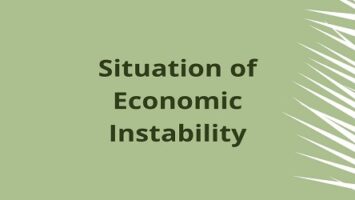
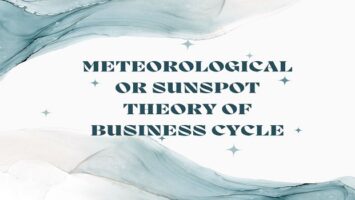

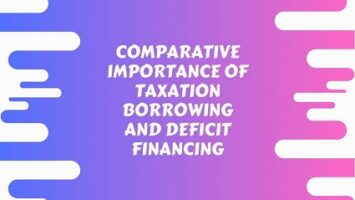
Comments (No)